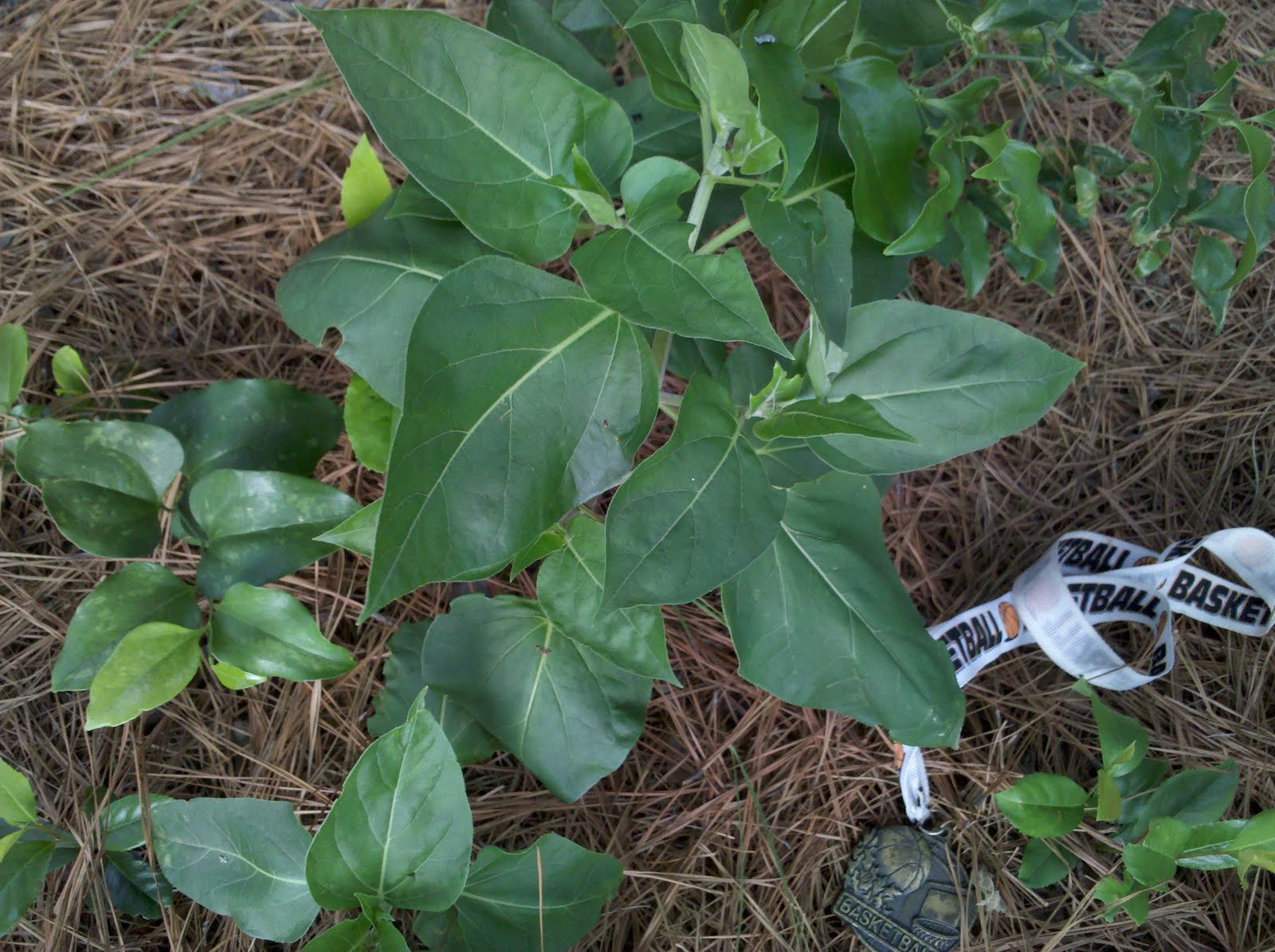19+ Biology Autotroph PNG. The word autotroph comes from the root words auto for self and troph for food. Because autotrophs produce their own food, they are sometimes called producers.

Because autotrophs produce their own food, they are sometimes called producers.
An autotroph or primary producer is an organism that produces complex organic compounds (such as carbohydrates, fats, and proteins) using carbon from simple substances such as carbon dioxide, generally using energy from light (photosynthesis) or inorganic chemical reactions (chemosynthesis). Autotrophs use sunlight or another external source of energy to power the synthesis of chemical compounds like sugars that serve as food for the organism. Autotrophic organisms are those that have inorganic carbon sources (primary producers), which they use to produce their own organic nourishment, while heterotrophs use organic carbon sources. Autotrophs obtain energy and nutrients by harnessing sunlight through photosynthesis (photoautotrophs) or.
